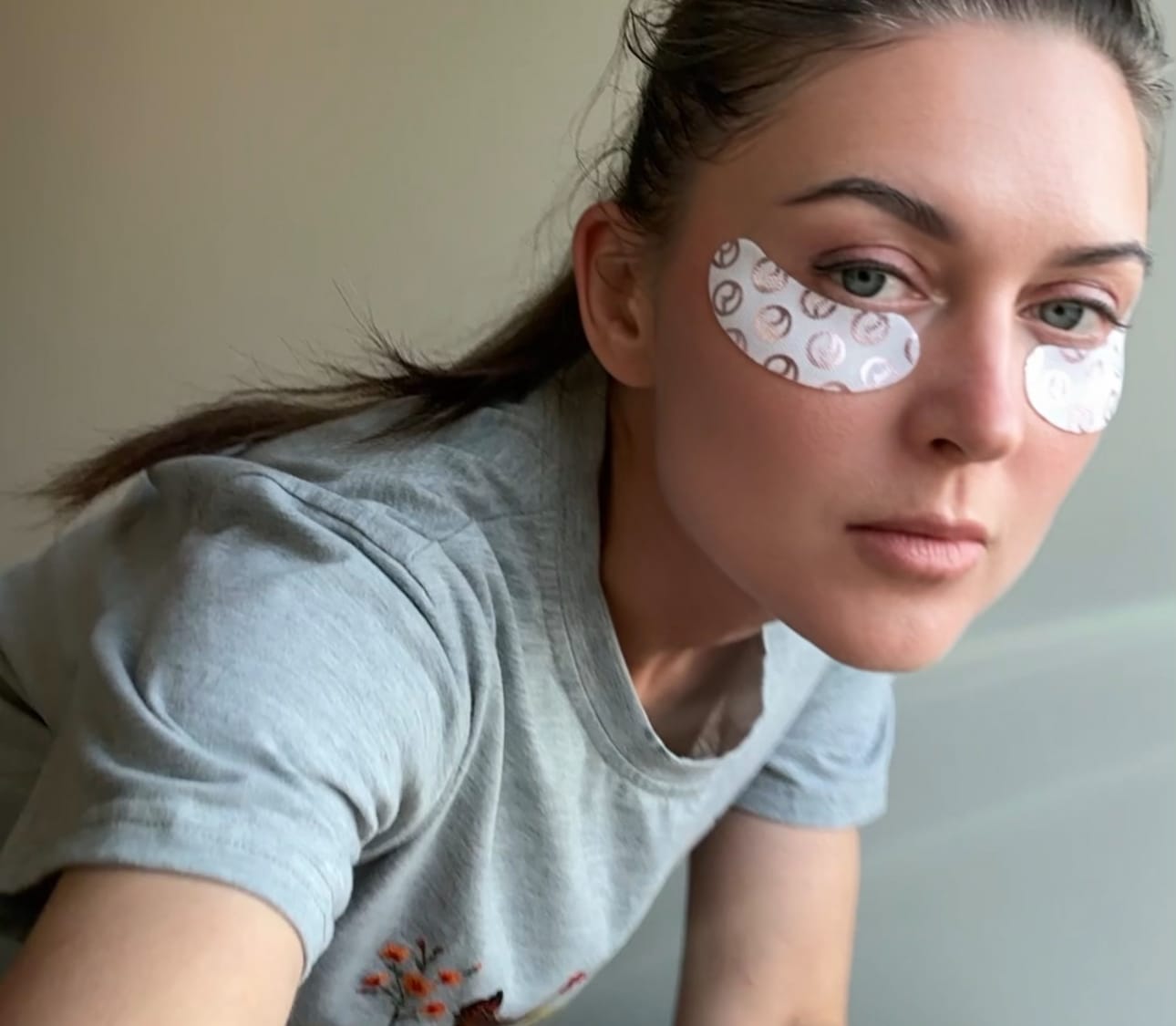Should we filter tap water or buy bottled filtered water?
Water filtering usually falls into three main types:
🐳 Reverse osmosis (you know what that is, right?)
🐳 Distillation
🐳 Disinfection and filtration (similar to the steps in the first article, but on a smaller scale, like charcoal filters or UV light in a bottle)
Quick educational note: If you're not sure about these methods (especially the first two), take a moment to look them up. It's important to understand the differences!
The problem with these filtering methods is they remove minerals from water and make it more acidic. For instance, distilled water, the purest form of water, is acidic and not good for our body (but it's not the same as acidity of apple cider vinegar for example). The key is being "not good" and "good" in the presence of minerals and other elements. Just being "acidic" doesn't mean is harmful for the body.
The wonderful thing about water is that it naturally balances our body's pH level. To do this, water should naturally be slightly alkaline because of its mineral content.
Quick educational note: If you're not familiar with acid-base balance, buffers, and how these apply to our body's biochemistry, I recommend watching YouTube videos or read lectures on the topic. This is a critical concept for understanding our overall health and our body's metabolic processes and why some acidic liquids can be healthy and some are not and the same applicable for the alkaline liquids too.
So, the key point here is that after thorough filtering, water needs to be re-mineralized. In simple terms, all or most of minerals get removed during filtration, and we need to add the good ones back to restore the water's pH balance. However, not all minerals are good, even if they restore the pH balance. That's why some mineral waters are seen as having health benefits, while others are considered "hard water" with high pH but aren't good for your health.
Quick educational note: water hardness measured using a pH scale, which looks at the hydrogen-ion concentration in the water. Water with low pH is more acidic, while water with higher pH is harder or more alkaline, meaning it can neutralize acids.
The best mineral balance is found in certain spring waters, where water is filtered through layers of soil and picks up minerals along the way.
So now we know that water needs to be not only filtered but also enriched with a balanced mix of minerals to maintain a slightly high alkalinity level. This kind of water is the cleanest and healthiest.
What about just buying bottled "alkaline water"? Well, water can be made alkaline in natural and unnatural ways. The natural way is to increase the number of protons, raising the hydrogen-ion concentration by adding minerals to the water. You can do this yourself by adding "mineral drops" to your water. Sometimes, water bottling companies achieve high pH levels artificially using electricity (again, YouTube videos can help explain this concept).
In this case, the artificial pH balance will not last and can even be harmful, not healthy. At best, it will simply be ineffective. Another problem is that artificial pH water stored in plastic can bind with chemicals that leak from the plastic. Not all of these chemicals have been tested for long-term health effects.
So, what should we do?
- Buy alkaline water that lists mineral content on the label (spring water is best), preferably in glass bottles. But spring water in plastic bottles is okay too, thanks to its stable mineral content and pH level.
- If you're buying water stored in plastic, choose the biggest containers. Labels that say "BPA-free" are not entirely reliable, as BPA is just one of many potential contaminants, but it's better than nothing.
- If you're filtering your water or buying distilled or filtered water, it's a good idea to add mineral drops to re-mineralize it.
- Charcoal filters are good, but just one won't remove everything. It will only catch about 50% of contaminants and only minerals.
- If you're unsure about your water quality (some of my followers live in conflict zones), I recommend boiling it in glass or stainless steel for 10-15 minutes, filtering it after with a simple charcoal filter (like Brita), and then re-mineralizing it with mineral drops. That will give you the perfect quality water in this situation.
Filtering and disinfecting water are different tasks! Filters don't kill bacteria or viruses, they just take out larger particles (depending on the filtering method). This also goes for small amounts of pesticides or hormone disruptors – filters can't remove these tiny molecules completely. However, it's important to remember that our gut is better at dealing with things like BPA or other hormone-like substances than our skin. These chemicals are absorbed more easily through the skin than the digestive system.
So, if your only options are drinking distilled water from a plastic bottle, drinking water from a questionable source (safe but not necessarily healthy), or not drinking any water at all – it's healthier to drink the water. Our gut and liver are fantastic at getting rid of or balancing out the bad stuff from our food and drinks – that's basically their job!
If you're having a bit of alcohol, using bug spray on your skin, taking a bath in a plastic tub, wearing synthetic clothes, using waterproof fabrics, or sitting on plastic or artificial leather, then don't stress too much about water and hormone disruptors! Remember - your digestive system has more defenses and tools to handle these chemicals compared to when they're absorbed through your skin.
Healthy liver, digestive system and immune system can deal with any water impurity because our body dealt with it througth million years of evolution. From other hand, our body has hard time dealing with de-hydration or de-mineralised water.
My main advice: drink more water and maybe add mineral drops.





